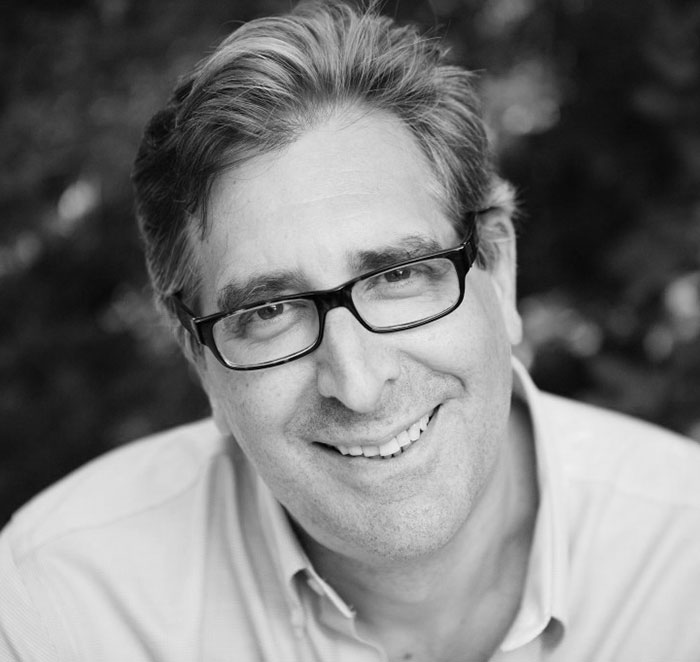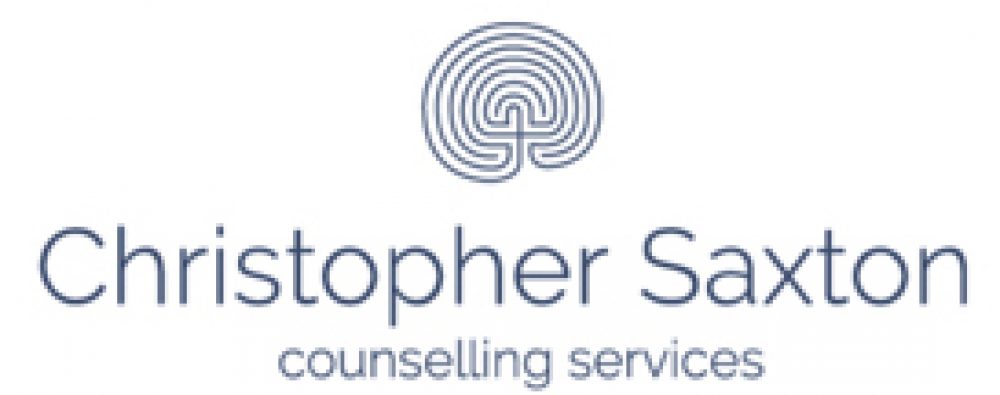About
-

I believe…
that the two most powerful catalysts for growth are awareness and relationship.
My training is to meet people where they are without expectation, and without the agenda of fixing, healing or converting the people I work with.
See how I can help
Psychotherapy is primarily concerned with the flourishing of human life in relationship: the relationships of self to self, and self to others. With that understanding, my practice uses Family Systems, Somatic, Humanistic, Emotionally Focused Therapy, Enneagram typology and Transpersonal methods, and I will suggest exercises based in this varied methodology.
I come to psychotherapy from two careers, one in theater as a Stage and Production manager and the other in the Hospitality industry as a Sommelier, consultant and educator. I returned to school to take my Masters of Divinity at the University of Trinity College at the University of Toronto.
I have interned at Bridgepoint Health and Renascent as well as at religious communities in the GTA. I work with those in recovery from addictions as well as those in other 12 step programs. I am in training to become a certified Emotionally Focused Couples Therapist with ICEFT (International Centre for Excellence in Emotionally Focused Therapy), am a member of CASC (Canadian Association of Spiritual Care) and a professional member of CHTA (Canadian Humanistic and Transpersonal Association). I am a Registered Psychotherapist with the College of Registered Psychotherapists of Ontario.
In my practice I seek to hold open a space between ‘secular’ counselling (where some practitioners may be uncomfortable with religion) and ‘Religious’ counselling (which can be obsessed by it) – a space in which it is possible for psychology and theology, faith and counselling practice to remain in dialogue and for spirituality to be seen as a source of meaning and a resource for living.
I am open to my client’s spiritual experience and concerns. While I nurture my own spirituality within the Christian tradition, I believe all religions or no religion at all can be pathways to the Sacred, and I seek to understand and support each person’s own understanding of ultimate values and reality.
I am not in any way preachy or “religious” in my counseling, although it is my experience that psychotherapy is enhanced if clients can address their religious and spiritual yearnings in therapy just as they do any other aspect of their lives.
